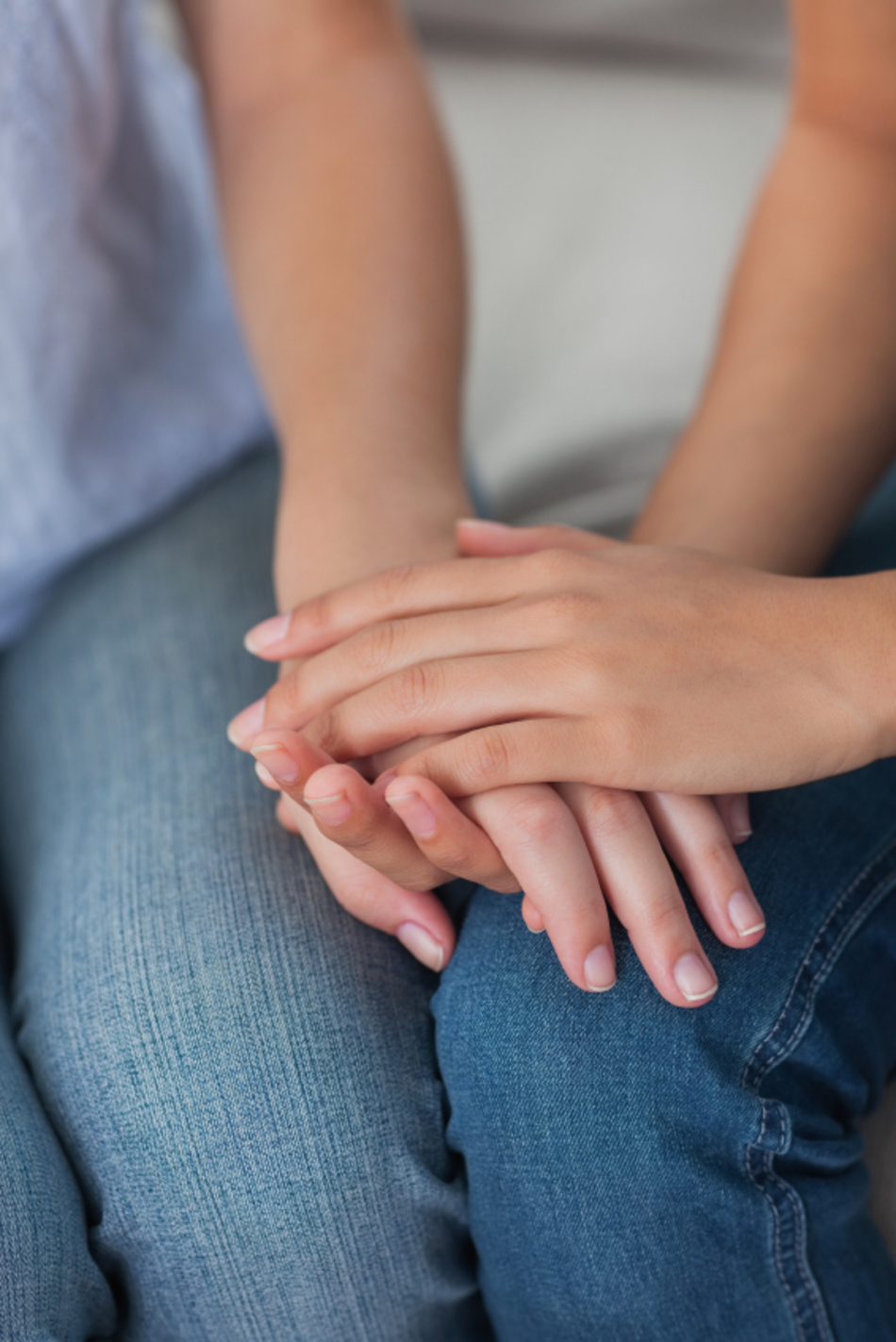Episode Transcript
Interviewer: What to do if you know a friend is being physically abused by their partner. That's next on The Scope.
Announcer: Medical news and research from University of Utah, physicians and specialists you can use for a happier and healthier life. You are listening to The Scope.
Interviewer: To talk today, with Wendy James. She's a social worker at the University of Utah. Wendy, women are being abused, that's just the state of the fact of it and many of them, a lot of them are not really telling people that they are being physically abused by their partner at home. If you know someone that's been physically abused, how do you help them?
Wendy: Well, if they come to you, it's difficult to approach them if they don't approach you, because there's a lot of shame and guilt associated, more to the reasons women don't leave. But if she does, assure her that it's not her fault and that she needs to set limits in the relationship.
Interviewer: Define those limits.
Wendy: I will. And they are not just for herself and her safety, but her children's safety and also a loving thing to do for her husband. Oftentimes women are frightened to do this, but it is a loving thing to keep everyone safe. What I would do is give her information about she can call the police. They can actually arrest her husband. Then there are women shelters that she and her children can go to where they can be safe, where they can get the legal consultation and help. I would tell her that if the abuse occurs that she needs to go to the hospital, that she needs to document that if there are any injuries, get pictures. If she ever wants to file an assault case, which she should do. A lot of women hesitate to do that for lots of reasons.
Interviewer: Right. I guess what I'm curious about now is that you're mentioning all these things that more of being there for her. What can a friend do physically? Can I drive her to the hospital? Should I be the one to go with her? Should I be they want to contact the police if she's scared to?
Wendy: That has happened. People can call the police and of course if she has a support to take her to the hospital and reassure her. Find a counselor, give her information about the shelter. Any kind of information in any way that you could support her. Just assure her that it's not her fault because abusers usually have lots of reasons they tell women why... well, women or men, but usually it's women, that are abusing them and often time women self-esteem is so low that the start to the believe it.
Interviewer: So first things first, you've got to get her confidence back to make her aware this isn't her fault.
Wendy: Correct.
Interviewer: Any final thoughts on what to do if you know a friend is being physically abused at home by their partner.
Wendy: One thing is just to educate her and let her know that abuse is not going to stop no matter how much she wants it to without some kind of intervention and help. And that the abuse will get more severe and more frequent.
Announcer: TheScopeRadio.com is University of Utah Health Sciences Radio. If you like what you heard, be sure to get our latest content by following us on Facebook. Just click on the Facebook icon at TheScopeRadio.com.
